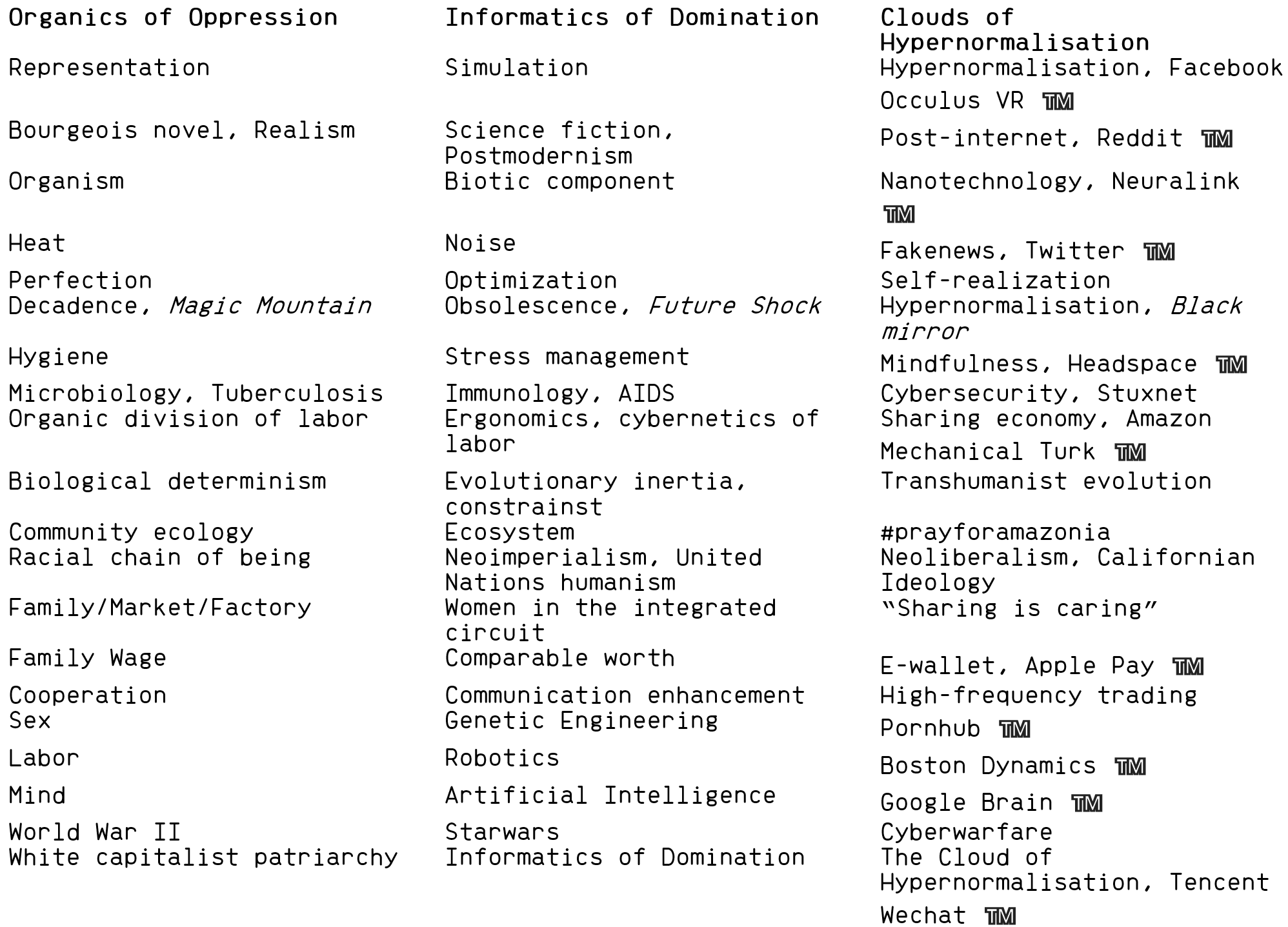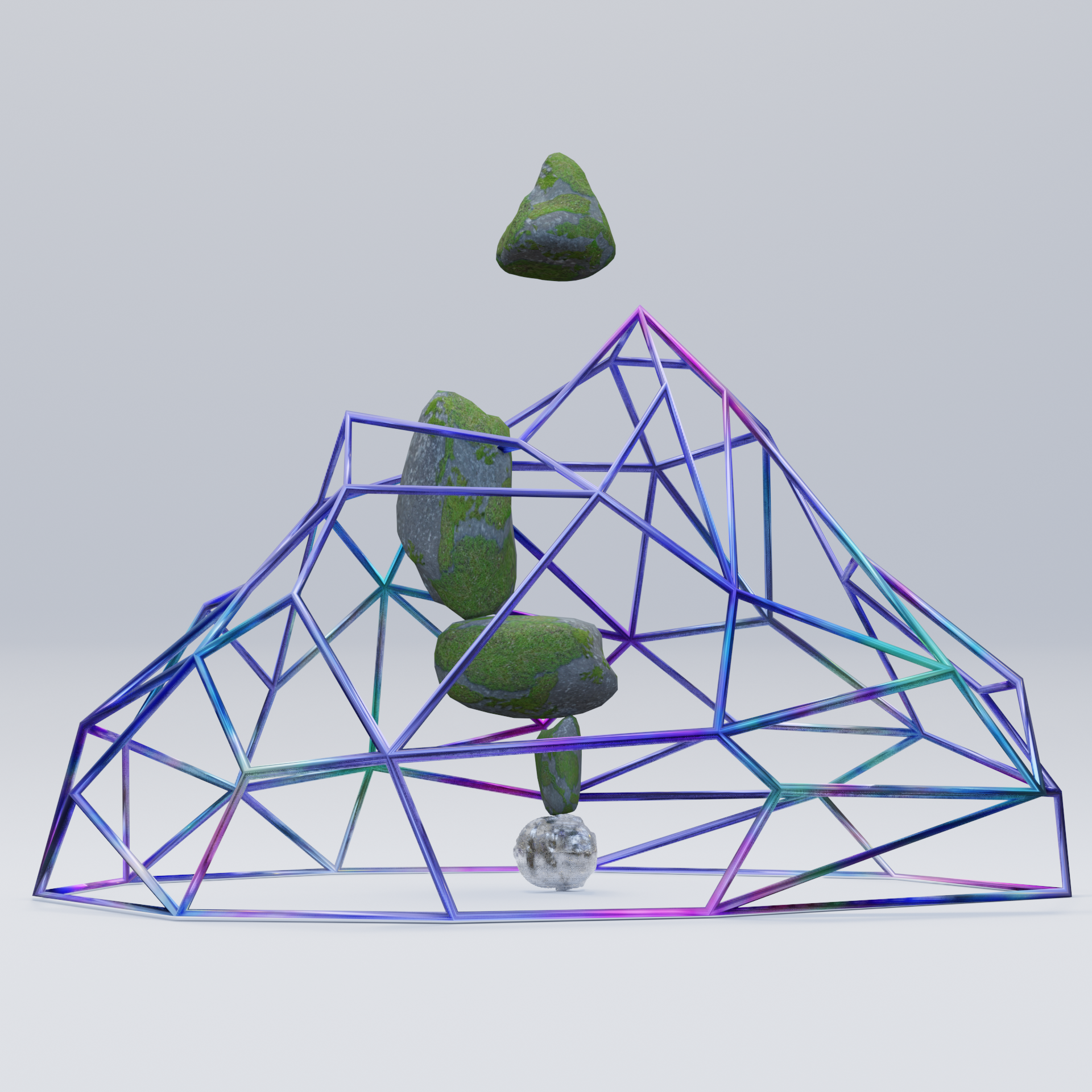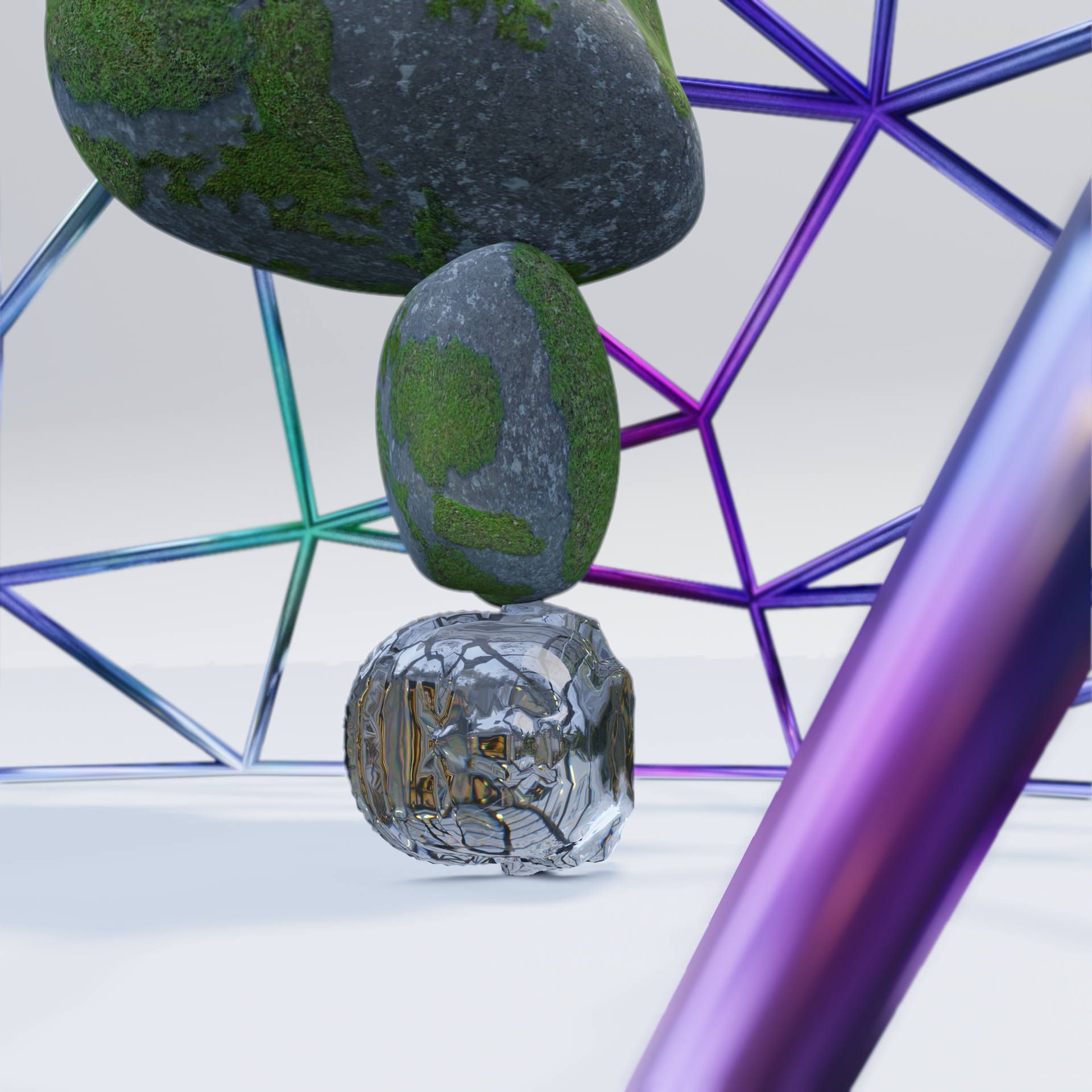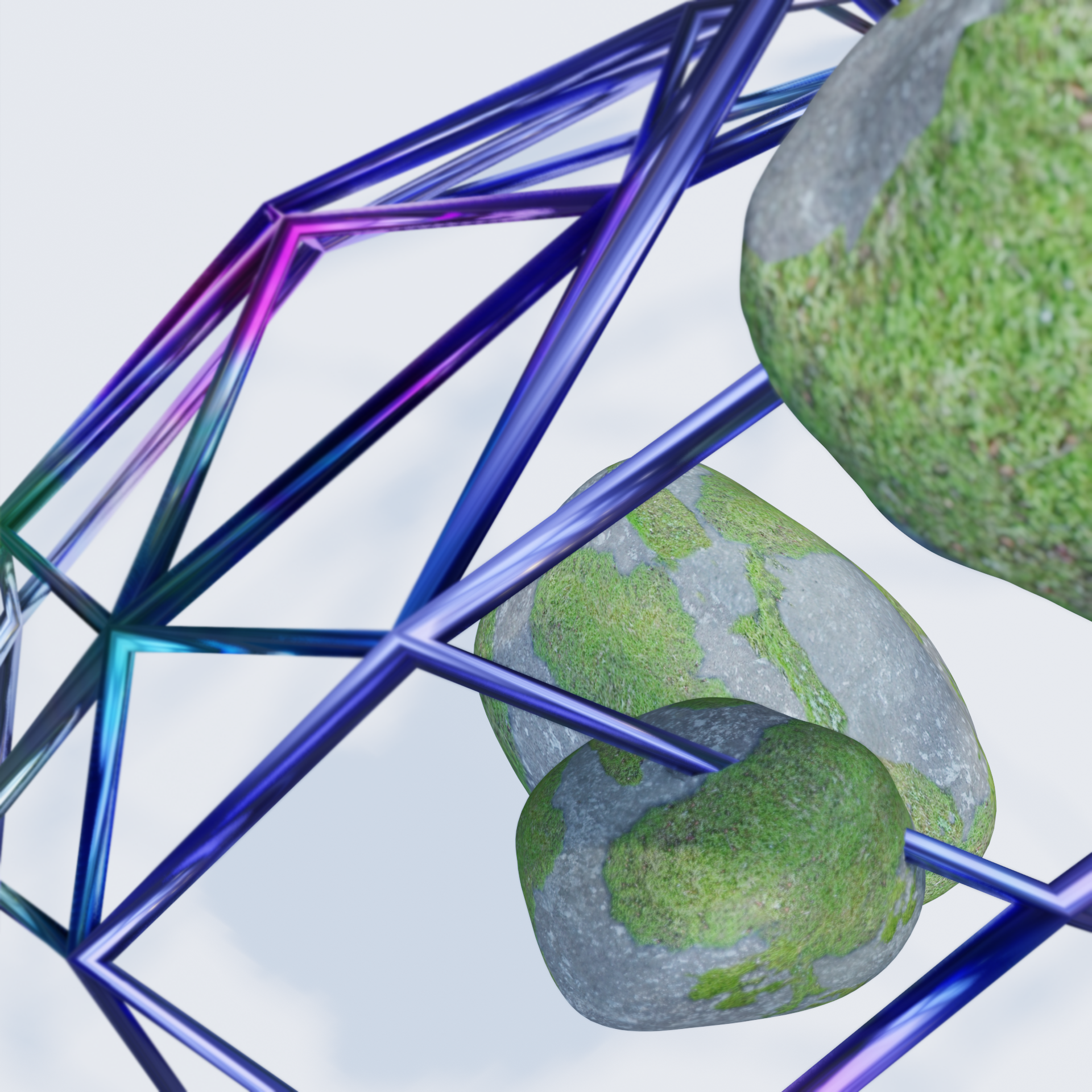
EP1: THE CYBORG IN THE CLOUD
In 1948, Nobert Wiener published “Cybernetics, or Control and Communication in the Animal and the Machine”, marking the birth of an interdisciplinary field of research, whose ideas later gave rise to a number of important inventions of our time, namely the computer, the robot, the Internet and Artificial Intelligence. In essence, Cybernetics proposes that everything could be equated to information. Every system, whether it is social, biological, mechanical or digital, could be directed towards a certain goal in an efficient way by feeding more information into it.
This characteristic of Cybernetics fulfills the wildest capitalistic dreams of a universal denominator, capable of penetrating every aspect of life. As brilliantly illustrated in “All watched by machines of loving grace” (2011) by British filmmaker Adam Curtis, the marriage between liberal capitalism and Cybernetics has resulted in a highly networked and technologically advanced society as we know today. The experience of this society can be summarized in a recent remark by Elon Musk during the Beneficial AI Conference 2018.
“…we are, all of us, already cyborgs. You have an extension machine of yourself in form of your phone and your computer and all your applications. You are already superhuman. By far you have more power, more capability, then the President of the United States had 30 years ago. If you have an internet link you have an article of wisdom. You can communicate with millions of people, you can communicate to rest of earth instantly. These are magical powers that didn’t exist not that long ago.” (Musk,2018)
What Musk means is even though we have not literally plugged a computer in our brains (as imagined by Neuralink project funded by Musk himself), our dependence on electronic devices has increased significantly, making it almost like a ‘natural’ part of our existence.
Musk then expressed his hope that a brain-computer direct connection such as Neuralink will lead humanity to a more “egalitarian” world.
However, almost 35 years before, Donna Haraway, with much lucidity had already pointed out the social and political implications of cyborg.
In her 1985 seminal work “A Cyborg Manifesto”, Haraway shows how the cybernetic interpretation of the world as “a problem of coding” has transformed the old organics of oppression into the new informatics of domination. Under this new paradigm, human becomes cyborg, not only by incorporating technologies as Musk suggests but also by being chained to an integrated circuit of control and surveillance.
Fast forward to 2019, the informatics of domination has condensed and concentrated into the cloud of domination. It does not only pervade but also invade every aspect of life. James Bridle’s “New Dark Age” and Benjamin H.Bratton “The stack: On software and Sovereignty”, among many others, offer an insight into the totalizing effects of the Internet. Their diligent analytics illustrate how the networks of domination, once interconnected but operatively separated, has been centralized under the ubiquitous power of the cloud. The cloud stores our biometrics data, customize our needs, define our identities, influence our politics. In short, the cyborg is absorbed by the cloud.
The informatics of domination, at the time of Haraway’s writing, was already difficult to identify. At present, with the arrival of the Internet of things, the domination is further concealed by the cloud’s nebulosity and invisibility. In Google’s ex-CEO Eric Schmidt's words:
“There will be so many IP addresses … so many devices, sensors, things that you are wearing, things that you are interacting with that you won't even sense it.” (Schimdt, 2015)
The domination has become deeply embedded and subtle that it feels like normalization. Hypernormalisation to be precise. This reality requires a new mapping of social relations under the Clouds of Hypernormalisation.

Figure 1. From Organics of Oppression to Clouds of Hypernormalisation
The future when prophecies about mind-uploading such as those of Hans Moravec and Ray Kurzweil will be realized by Neuralink is imminent. In this (once upon a time) sci-fi scenario, where the mind will literally inhabit the cloud, a saying by Venerable Thich Nhat Hanh during a talk at the Plum Village Retreat in 2014 suddenly becomes relevant.
“You know you are a cloud. At least seventy percent of you are a cloud. If you take the cloud out of you there is no you left.” (Hanh, 2014)
Apart from this seemingly coincidental metaphor of the cloud, what does Buddhist philosophy has to do with computational thinking?
The entwined story between Buddhism and Cybernetics will be explored in EP 2: THE BUDDHA IN THE CYBORG
(to be continued)
REFERENCES
Wiener, Nobert. 1948. Cybernetics, or Control and Communication in the Animal and the Machine.
Haraway, Donna. 1985. A Cyborg Manifesto.
Bratton, Benjamin. 2015. The stack: On software and Sovereignty.
Hanh, Thich Nhat. 2014. A cloud never dies.
Bridle, James. 2018. New Dark Age: Technology and the End of the Future
Schmidt, Eric. 2015. The Internet will disappear.
Curtis, Adam. 2011. All watched over by machines of loving grace.
Musk, Elon. 2018. We are already cyborgs.




